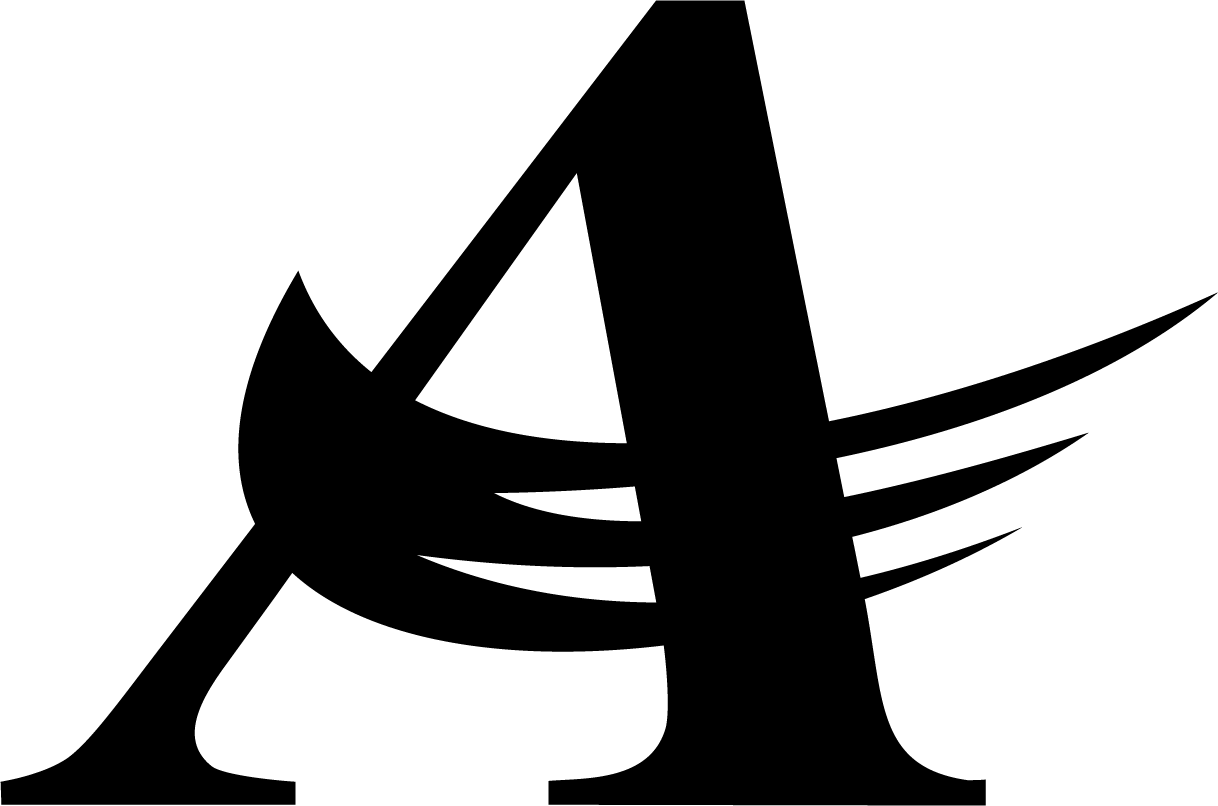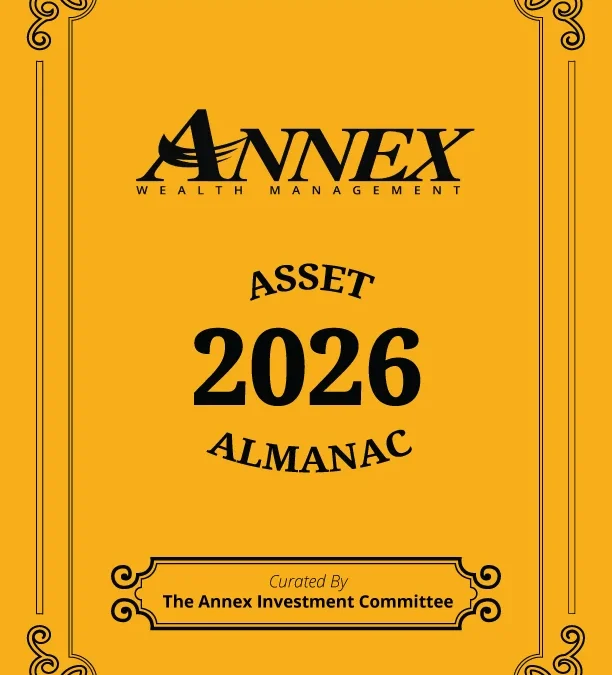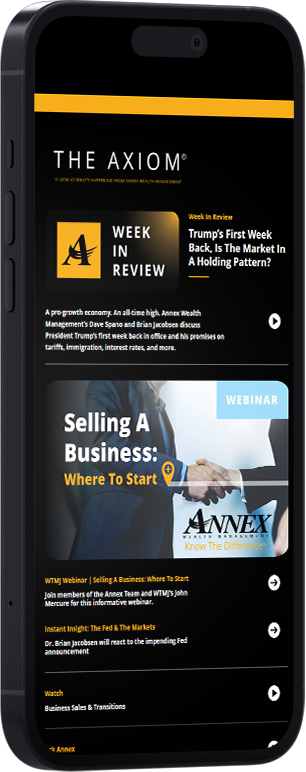
Innocent blunders can have a big impact on your best estate planning intentions. This week’s Money Do is actually a list of Money Don’ts: a list of things to avoid as you seek to get your planning on track.
- Not having an estate plan. Consider this: death and taxes are two of the few absolutes in life. Having an estate plan makes sure you effectively plan for both. Effective estate planning also provides for who can act on your behalf even in circumstances where you’re still living, but unable to manage your affairs.
- Using Do-It-Yourself Software. Yes, lawyers can be expensive, but the cost is minimal compared to the expense of family fights, litigation or legal costs you could spend fixing a bad estate plan concocted by a bot.
- Relying on Your Neighbor’s “Legal” Advice. No two estate plans are alike. Your neighbor may have all sorts of information about what they did for estate planning, but their financial situation is likely very different from yours. Avoid any estate planning steps without first discussing your personal situation with an attorney to determine your best course of action.
- Creating Legally Invalid Documents. An estate plan is comprised of multiple documents, each with different requirements for witnesses or notaries. Often, especially with do-it-yourself estate plans, the documents were not properly executed and aren’t legally valid.
- Naming the wrong individual as power of attorney, executor or trustee. You’d think that selecting who’s responsible for your financial affairs as you decline and after you die would be one of the biggest reasons you’d actually create an estate plan. But sometimes, this key detail doesn’t get the consideration it deserves. The individuals you name should be trustworthy, financially responsible and good communicators who can let all beneficiaries know what is going on throughout the process.
- Failing to do the follow-up work. After you sign your estate plan documents, you’ll still have some work to do. Your attorney likely gave you instructions for updating beneficiary designations or changing how an account is registered. If you don’t complete this, the estate plan likely will not work as intended.
- Failing to Review and Update Your Estate Plan. Estate plan documents are valid until they’re revoked or superseded by new documents. Your Will from 30 years ago is still legal, so if you have new plans for your assets or new family members, you need to update your estate plan. Estate tax laws have changed in the last 20 years, so any plan done during that time likely needs to be reviewed and updated to bring it current with the laws in place today.
- Storing Plan Documents In An Inaccessible Or Unreliable Location. A safe deposit box works, but only if someone other than you can get access to it. Other location ideas include personal lock boxes or a home safe, but again, make sure someone else has the key or combination. It’s also a good idea to provide copies to family as an additional backup.
- Misunderstanding Your Estate Plan. Often, we’ll work with people who forget or never had a good understanding of how their estate plan works. Ask questions, take notes about your plan. Don’t forget that your attorney is a source of extensive information about the ins and outs of your estate plan.
- Not Communicating Your Estate Plan. Circumstances will eventually require that you’ll likely hand off your day-to-day finances to someone else. Communicating the details of your finances and your estate plan will help ensure the transition is smooth. It’s a gift you can give your power of attorney, executor or trustee: a simple process which avoids mundane tasks like hunting through decades of files to find out where your bank account is held.







